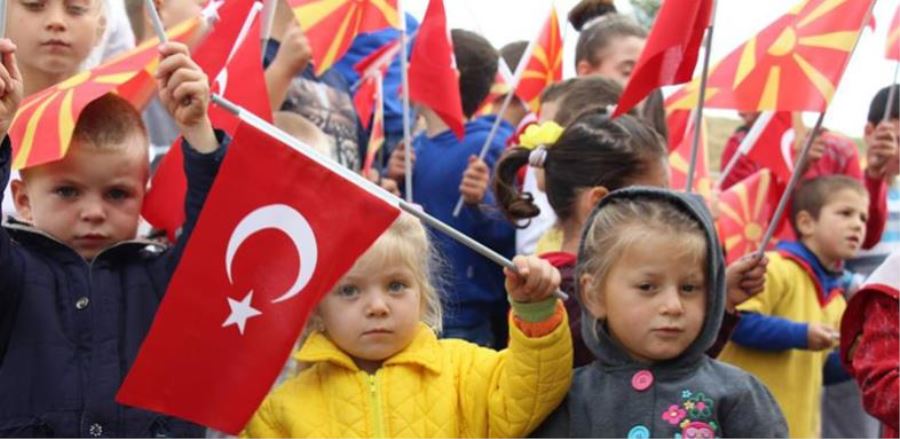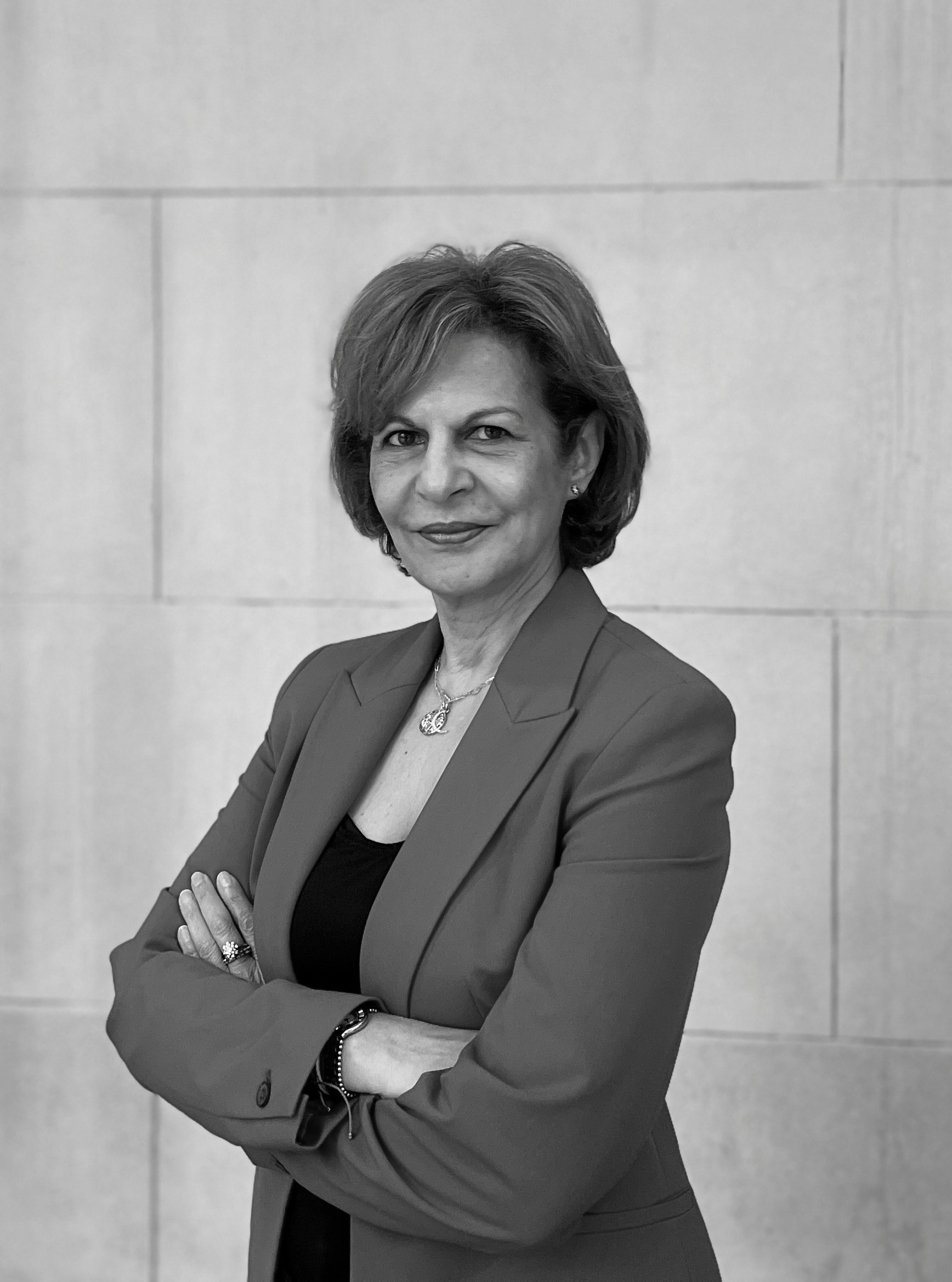The 21st Meeting of the ECO Council of Ministers was held in Tehran on 26 November 2013. Foreign Ministers of Afghanistan , Azerbaijan, Iran, the Kyrgiz Republic, Turkey and Adviser to the Prime Minister of Pakistan on National Security and Foreign Affairs , Minister of Economy of Turkmenistan, Deputy Foreign Minister of Kazakhstan and Ambassadors of Uzbekistan and Tajikistan represented their respective countries in the meeting. The Council of Ministers’ Meeting was preceded by the Senior Official Meeting on 24-25 November 2013.
The Council of Ministers represents the highest decision making body of ECO and is composed of the Ministers of Foreign Affairs of the Member States. The Council, which meets annually, is primarily responsible for formulating policies, strategies, and approving work programmes of the Organization. It also has the responsibility of reviewing and adopting the reports of the Regional Planning Council (RPC), Council of Permanent Representatives (CPR) and ECO Sepcialized Agencies. During the inaugural session of the Meeting the President of the Islamic Republic of Iran, Mr Hassan Rouhani welcomed the participating delegations and expressed his country’s commitment to the regional cooperation. He also called for reforms encompassing the institutional structure and planning aspects of the Organization in the coming period, to render it more effective.
The 21st Meeting of the ECO Council of Ministers marked the transfer of the Organization’s chairmanship from Azerbaijan to Iran for a period until its next meeting. Indeed during the opening ceremony Iran’s Foreign Minister Mohammad Jawad Zarif took over the chairmanship from his Azerbaijani counterpart Elmar Mammadyarov. Mr Jawad Zarif , Foreign Minister of the Islamic Republic of Iran called for deeper and broader cooperation among the Member States for the region’s growth and development. He indicated that Iran was seeking a boost to the cooperation in ECO and believed that in today’s world, such cooperation could prepare the ground for the regional countries to play more important roles . Mr Shamil Aleskerov, the ECO Secretary General briefed the Meeting about the activities and developments within the Organization’s framework. He called upon the Member States to enhance their cooperation in the trade and transport and energy sectors. He laid particular stres on early implementation of the ECO Trade Agreement, a preferential trading arrangement which aims to increase regional trade by reducing tariffs.
The Ministers of Foreign Affairs and Representatives of the Member States also reaffirmed their countries’ commitment to the cause of regional cooperation. As it is indicated above, Iranian President Hassan Rouhani called for reforms in the ECO to enable it to address the needs of the regional countries and its Member States. The Iranian President added that given the current situation of global economy and emerging crises, cooperation within the framework of regional organizations can protect the ECO members from international economic upheavals. President Rouhani stated that boosting regional trade can have a positive effect on the economic development of all the ECO Member States. President Rouhani, also underlined that the favorable geographical location of ECO Member States and the existence of North-South and East-West transport corridors in these countries strengthen even more the confidence that, in future, ECO will be even larger and influential structure. Close cooperation of ECO Member Countries over the past 20 years will be the foundation for their future relations , he said. According to the Iranian President, the current level of cooperation among ECO member States is unsatisfactory and there is the necessary infrastructure for further development of ties. ‘’ If trade relations between the ECO countries expand, this will give an impetus to their development , as well as create conditions for investment’’ President Rouhani said. He also stressed that transformations should be conducted within the ECO so that they contribute to the expansion and deepening of cooperation among the Member Countries of the Organization.
Mr Ahmet Davutoğlu, Turkish Minister of Foreign Affairs said that global challenges such as economic and financial crises, energy and food security and climate changes as well as regional political transformation processes in the neighborhood of the ECO region call for prompt and coordinated action at regional and global levels, therefore regional cooperation and solidarity have become crucial more than ever. He indicated that , in this regard, ECO provided to the Member States with a solid basis to enhance collective efforts in order to help to meet contemporary challenges. He underlined the fact that ECO members have a unique geostrategic location and that the ECO region, with its significant economic assets, vast natural resources and dynamic work force, had a huge development potential which should be utilized in the interest of all ECO nations. Foreign Minister Davutoğlu referred to the fact that, ECO, founded in 1985, did not have yet an operative Trade Agreement and the level of intra-ECO trade, was, unfortunately, still far from the target envisaged in ECO Vision 2015. In this context, he underlined, inter alia, the following: ‘’ Enhancing the volume of trade must be the most important aspect of any economic cooperation model. In this regard, the idea of ECO Trade Agreement (ECOTA) presents a great opportunity.
However, not all member states are party to this trade cooperation agreement. We must strive to ensure that ECOTA becomes operational as soon as possible, at least among the parties which have submitted their lists an completed all other legal and procedural requirements. ECO as a multinational economic platform that aims at contributing to economic stability and prosperity in the region should immediately put ECOTA into force. ‘’ Furthermore, the objective of enhancing intra-regional trade requires the presence of a well-functioning system of transport in our region. Our region is at the heart of Eurasia, at the crossroads of three continents. The implementation of the Transit Transport Framework Agreement (TTFA) and the realization of our transport-logistics corridors will be instrumental in establishing viable region-wide corridors of transport.’’ Mr Davutoğlu underlined, in this context, the significance of the completion of the Marmaray Rail Project connecting Asia to Europe through Istanbul strait, thus contributing to the objectives of the ECO. While heading towards the 30th Anniversary of ECO, Member States need obviously more than ever to create an effective and productive organization. Turkish Foreign Minister Mr Davutoğu expressed his firm conviction that a comprehensive structural and financial reform process is required to achieve the fundamental objectives of the Organization. Mr Davutoğlu also said that the formation of the Eminent Persons Group (EPG) constituted a unique opportunity for the better functioning of ECO and the Secretariat. He praised valuable efforts of the EPG. He underlined his belief that EPG recommendations (as contained in EPG Report) which were endorsed by the Council of Ministers’ Meeting last year in Baku, Azerbaijan deserved more attention from Member States while indicating the fact that EPG had already said what was necessary for the Organization. He stressed that now it was time to implement the recommendations of the EPG without further delay. The Eminent Persons Group (EPG) was established upon the suggestion of the Turkish President of the Republic Mr Abdullah Gül during the ECO Summit Meeting in 2010 in order to submit to the Council of Ministers recommendations aimed at enhancing dynamism, efficiency and visibility of the Organization. The Chairman of the EPG presented the Report of the Group containing its recommendations to the Ministerial Council last year in Baku.
Mr Özdil Nami, the Minister of Foreign Affairs of the Turkish Republic of Northern Cyprus (TRNC) which has an observer status in the ECO, was also present in the ECO Ministerial Council. In this context, Mr Davutoğlu said, he was sure that the presence of the TRNC as an observer member will enrich common efforts of the ECO members to create a more prosperous region. Communiqué of the Tehran Ministerial Council referred to the reform process of the ECO on the basis of EPG’s Report in the following terms: ‘’ ( Foreign Ministers and Head of Delegations ) Building on the two decades of experience, decided to take forward the reform process of ECO on the basis of recommendations of the Eminent Persons Group (EPG) and instructed the ECO Secretary General to arrange, in cooperation with the Member States, the timely conclusion of the said process for enhancing the dynamism, efficiency and visibility of the Organization. The Council instructed the Committee of Permanent Representatives (CPR) to finalize and approve the roadmap for the implementation of the recommendations of the EPG by August 2014 with a view to its earliest implementation. ‘’ They also agreed that the reform process shall address, inter alia, the regulatory, institutional, budgetary and other requirements of the organization putting in place a reliable and durable cooperation framework for ECO region.
ECO is an intergovernmental regional organization established in 1985 by Iran,Pakistan and Turkey for the purpose of promoting economic, technical and cultural cooperation among Member States. The Organization replaced former RCD (Regional Cooperation for Development) which suspended its activities in 1979 after the Islamic Revolution in Iran. Nevertheless, founding members of the RCD deemed necessary to reactivate the Organization under a different name which, they thought, will serve their best interests. The Organization was expanded in 1992 to include seven new Members namely Afghanistan, Republic of Azerbaijan, Kazakhstan, Kyrgyzstan, Tajikistan, Turkmenistan and Uzbekistan. As a matter of fact ECO provides its Member States with a platform to discuss ways of improving economic development and promoting trade and investment opportunities. The ECO countries in geographical terms cover a vast area, This is a contiguous territory. With a population of 450 million people, vast natural resources spread over an area of 8 million square km and its important geo-strategic location renders ECO a bridgehead between Asia to the East and Europe to the West. We should always keep in mind the fact that when ECO functions in the future as an efficient, dynamic and visible organization, this will serve only best interests of the member states. For this to happen, the shared political will of the Member States is needed. The next meeting of the ECO Council of Ministers is scheduled to be held in Islamabad, Pakistan’s capital in 2014.
© 2009-2025 Center for Eurasian Studies (AVİM) All Rights Reserved
Henüz Yorum Yapılmamış.
-
MEETING OF ECO (ECONOMIC COOPERATION ORGANIZATION) COUNCIL OF MINISTERS
Numan HAZAR 18.03.2016 -
EKONOMİK İŞBİRLİĞİ TEŞKİLATI (EİT) KONSEYİ BAKANLARI TOPLANTISI
Numan HAZAR 02.12.2013 -
THE IMPORTANCE OF THE ECONOMIC COOPERATION ORGANIZATION (ECO)
Numan HAZAR 15.01.2013 -
MEETING OF ECO (ECONOMIC COOPERATION ORGANIZATION) COUNCIL OF MINISTERS
Numan HAZAR 01.02.2013 -
THE IMPORTANCE OF THE ECONOMIC COOPERATION ORGANIZATION (ECO)
Numan HAZAR 15.01.2013
-
 SOVYET SONRASI DÖNEMDE TÜRKİYE’NİN ORTA ASYA’DAKİ YERİ - 12.05.2023
SOVYET SONRASI DÖNEMDE TÜRKİYE’NİN ORTA ASYA’DAKİ YERİ - 12.05.2023
Deniz ÜNVER 12.05.2023 -
 INVENTORY ACTION THAT WILL BE CONDUCTED IN VAROSHA IN THE TURKISH REPUBLIC OF NORTHERN CYPRUS
INVENTORY ACTION THAT WILL BE CONDUCTED IN VAROSHA IN THE TURKISH REPUBLIC OF NORTHERN CYPRUS
AVİM 09.07.2019 -
 AB’NİN BALKANLARDA TÜRKİYE ENDİŞESİ - YENİ ADANA - 15.11.2022
AB’NİN BALKANLARDA TÜRKİYE ENDİŞESİ - YENİ ADANA - 15.11.2022
Hasan Sevilir AŞAN 17.11.2022 -
AB-BATI BALKANLAR ZİRVESİ
Erhan TÜRBEDAR 13.06.2010 -
 UKRAINE, YES. BUT REMEMBER AFGHANISTAN AND SOMALIA, TOO - EU OBSERVER - 15.03.2022
UKRAINE, YES. BUT REMEMBER AFGHANISTAN AND SOMALIA, TOO - EU OBSERVER - 15.03.2022
Shada ISLAM 17.03.2022


